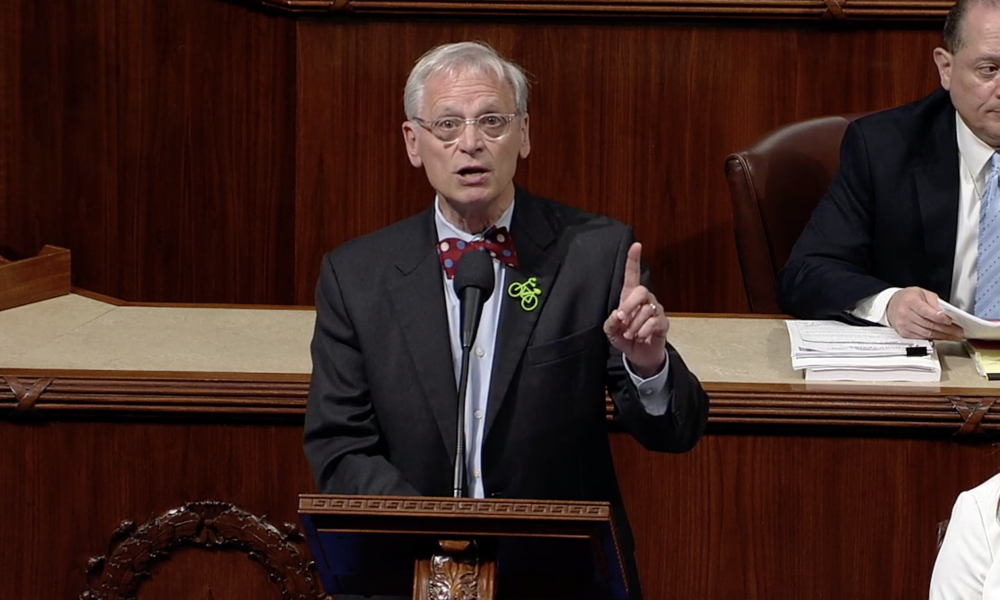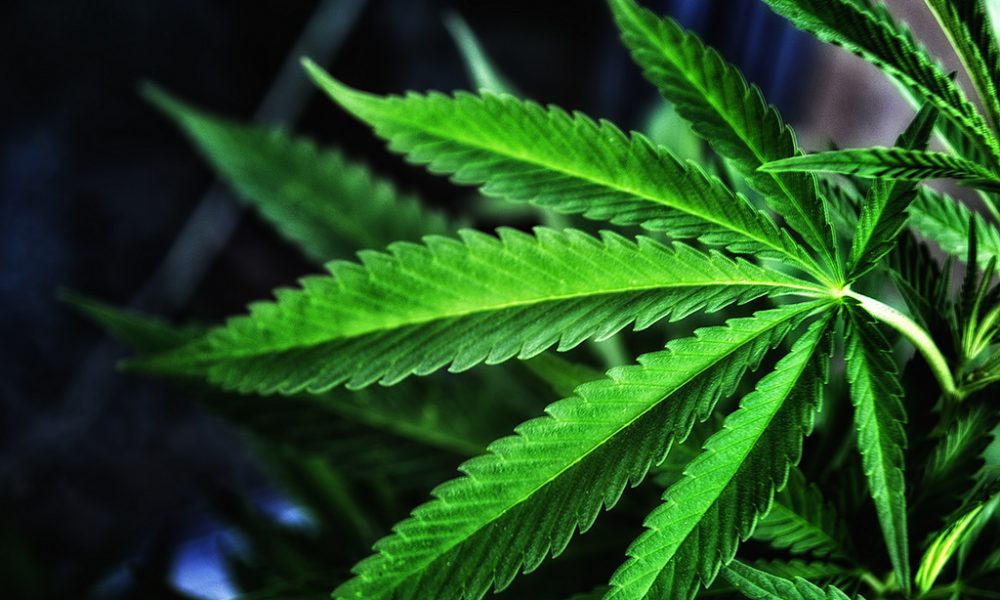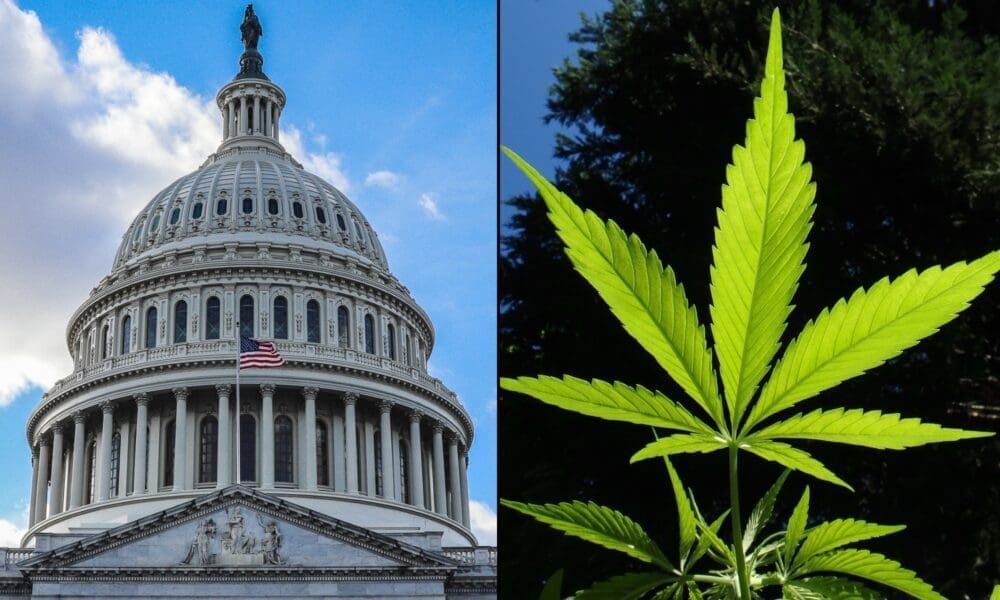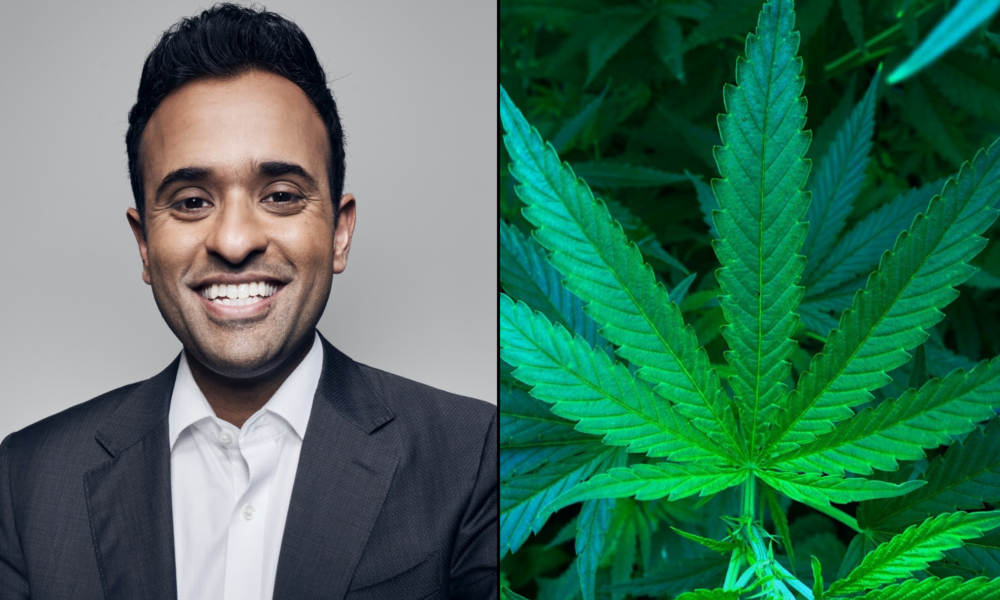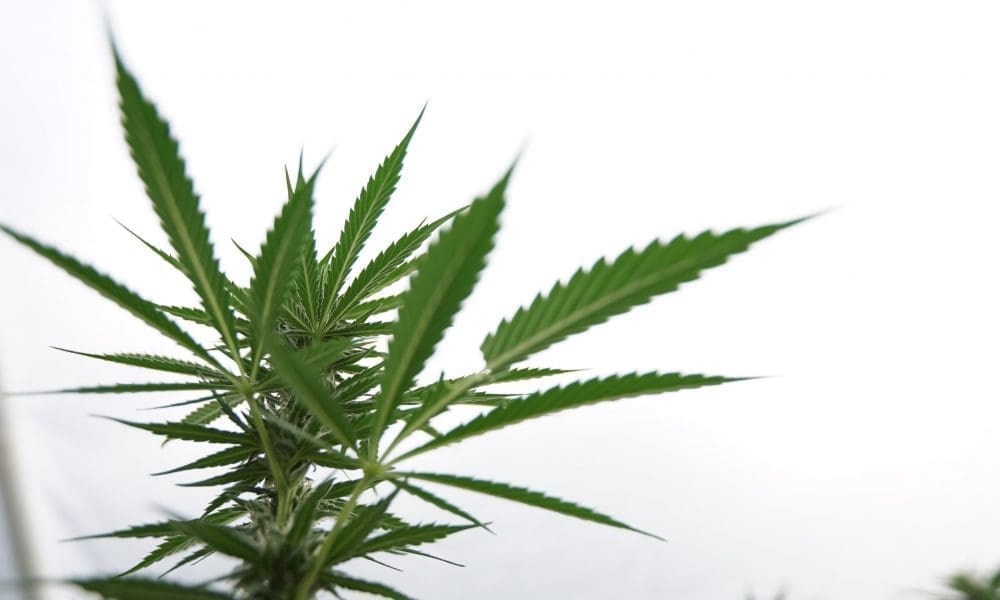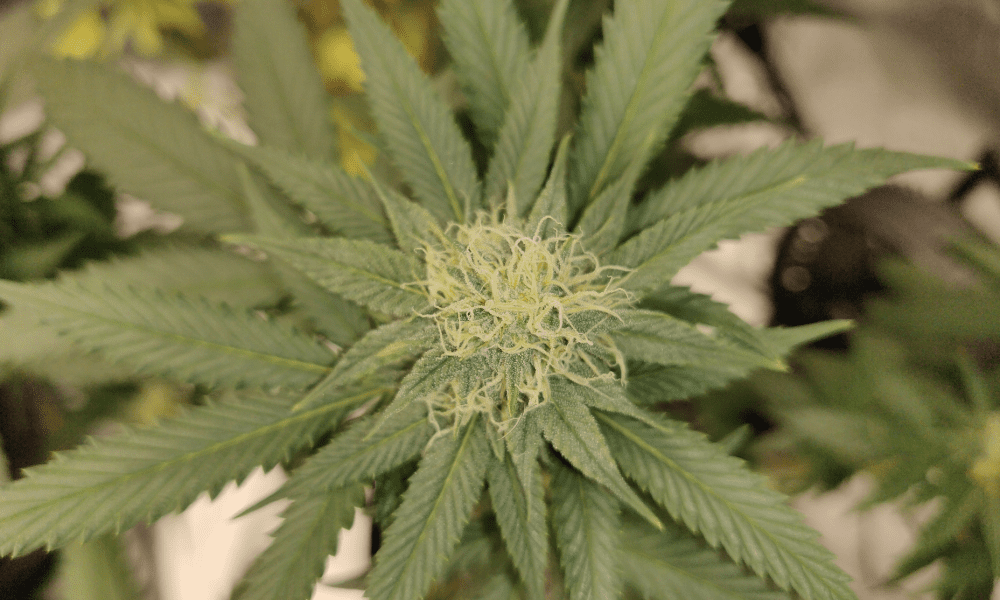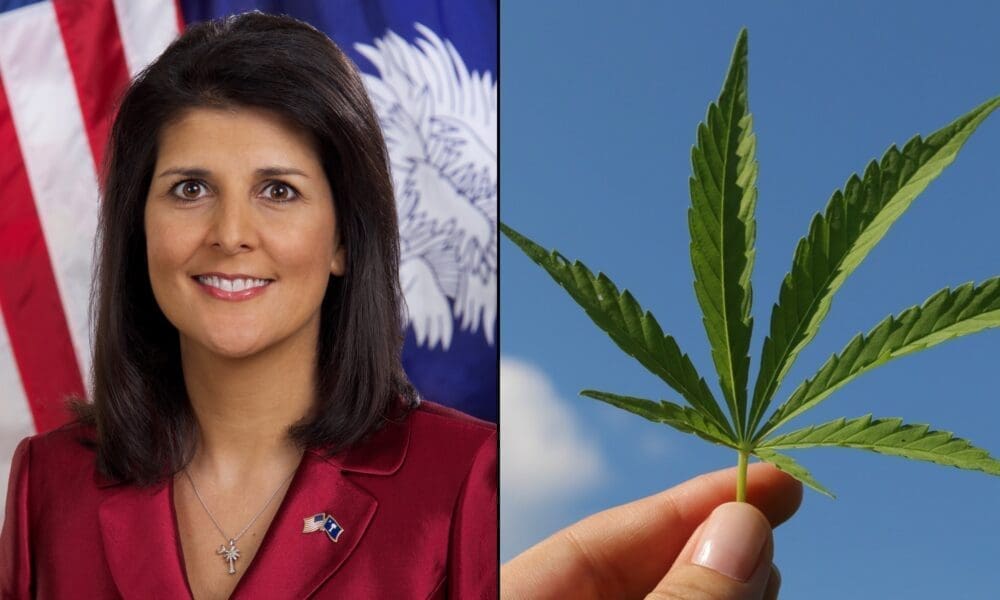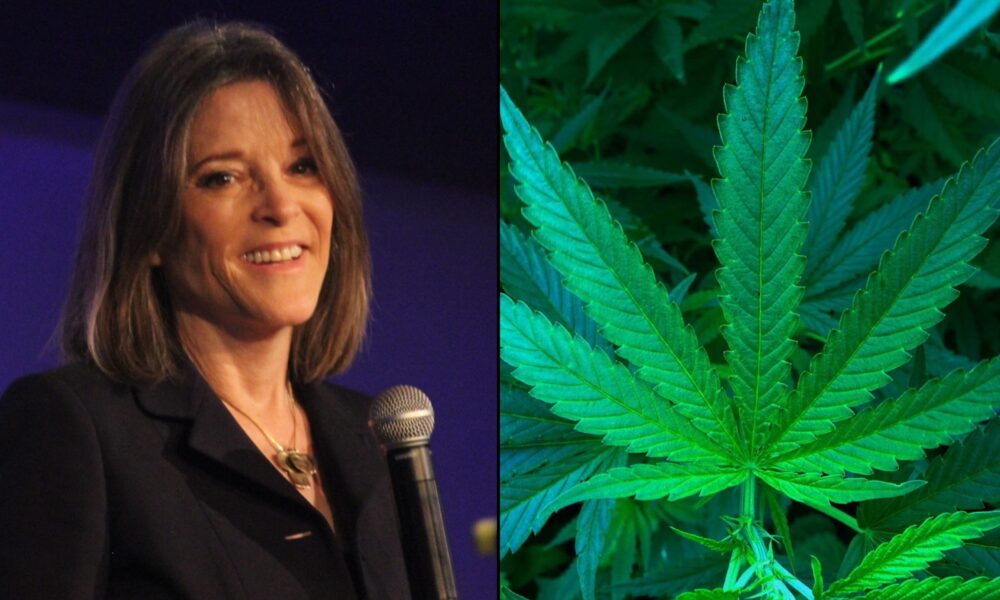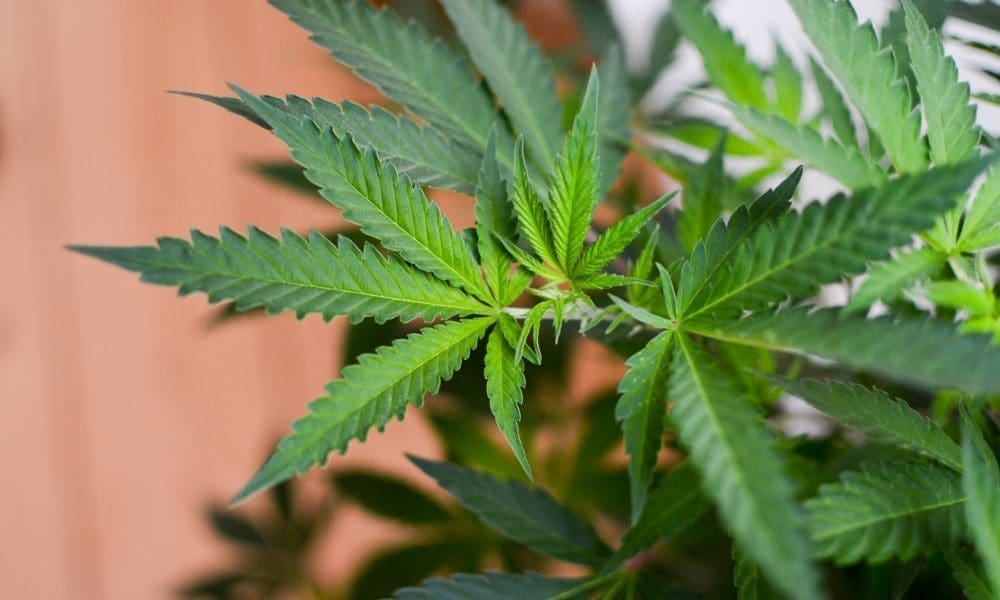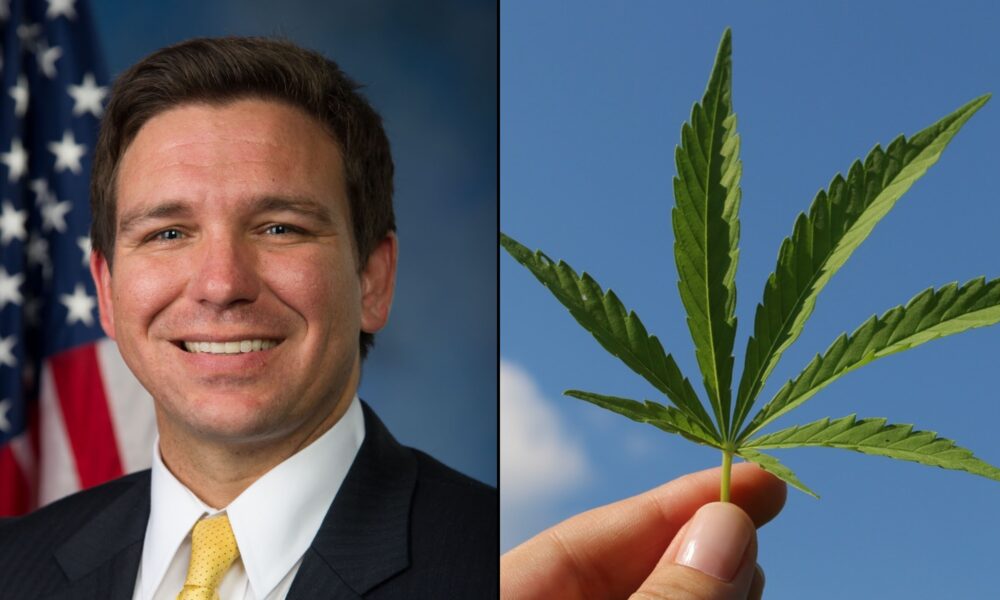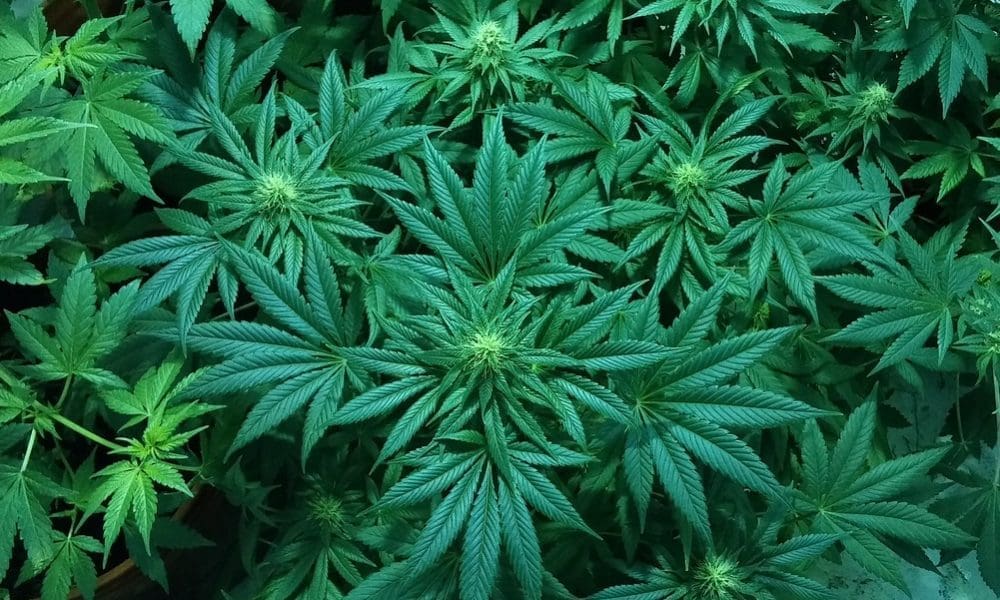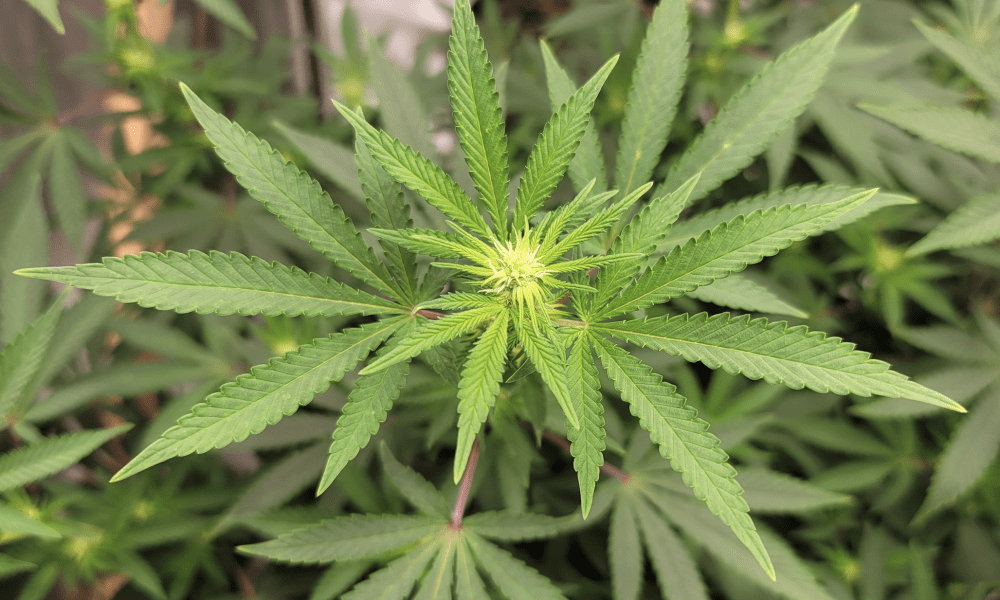We can't settle for this medical cannabis with Doctor's permission only, when in fact this plant is valuable medicine for everyone even with minor health issues, or just people who want to promote health and wellbeing. Cannabis is for everyone.
Legalize adult-use cannabis! We can't settle for some medical cannabis control program which seeks to harm us.
Legalize adult-use cannabis! We can't settle for some medical cannabis control program which seeks to harm us.

